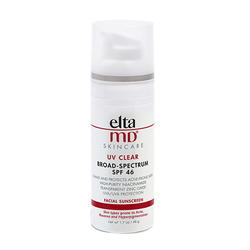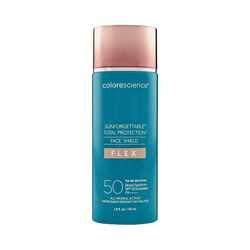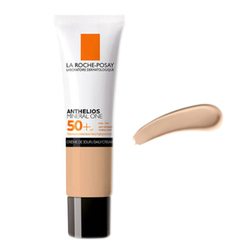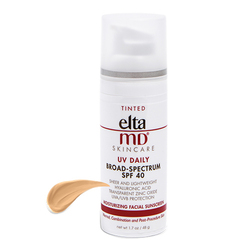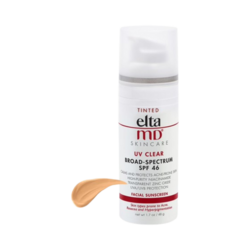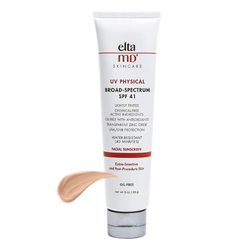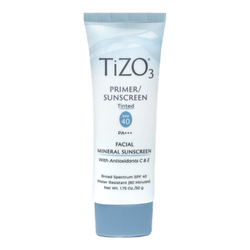Learn the ABCs of sun damage
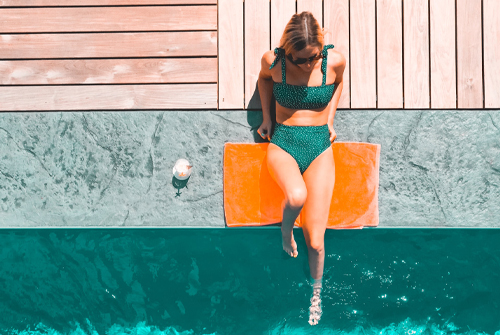
To figure out what sunscreen to use, let's first dive into the science behind how the sun can harm our skin. It's as easy as ABC.
The sun's ultraviolet alphabet
The sun emits three different kinds of ultraviolet or UV radiation: UVA, UVB, and UVC.
- UVA has the longest wavelength (315-399 nm or nanometer) is weaker than UVB/C but penetrates deeper into the skin compared to the other types of UV rays. It affects the skin on a DNA level, which is usually the cause of skin cancer.
- UVB has a shorter wavelength (280-314 nm), is stronger than UVA, and causes more damage on the skin's surface. The ozone layer catches most but not all of UVB, so we need protection from it.
- UVC is the shortest (100-279 nm) but strongest of the sun's UV rays. Luckily the earth's ozone layer blocks this before it can reach us, so the sun's UVC doesn't pose a risk to humans. We are mostly exposed to the sun's UVA rays with some UVB. But we can be exposed to UVC artificially through UVC lamps or lasers.

How does the sun damage our skin?
Sun damage can have short-term and/or long-term effects. Generally, there are three ways that the sun's UV rays damage our skin:
- Sunburn: occurs when our skin is excessively exposed to UVB rays;
- Skin aging: the sun hastens our skin's deterioration, making the skin less elastic, thicker, leathery, lines & spots appear, wrinkles show, and/or it becomes tissue-thin;
- Skin cancer: UVA rays can harm/damage DNA, causing cells to rapidly grow and divide, manifesting as tumors or lesions which are either malignant or benign.
The human body's natural coping mechanisms
The skin has its own way of naturally protecting and repairing itself from sun damage, with some more prone to the risks than others:
- Regeneration. Our body sheds dead skin cells or peels it, then replaces them with new ones. Although this process becomes slower as one ages.
- Genes/DNA. It can also boil down to genetics: people with darker skin have lower risks of sun-related damage but note that no one race and skin color is immune to skin cancer; everyone is at risk.

Aside from our natural coping mechanisms, we also need to do our part in making sure we are protected from the sun's UV rays.
Eternal beauty depends primarily on how well you take care of your skin from within. We hope these facts and figures help you make the sun your friend and not enemy.
We all love the sun, especially during summer. But too much of a good thing can be bad. Soak up the sun in moderation, and your skin will love you for it.
| Recommended Sunscreens |
C$ 74.00
C$ 79.90
C$ 66.00
C$ 39.00
C$ 60.00
C$ 66.50
C$ 77.00
C$ 59.00
C$ 69.50
C$ 66.00
REFERENCES:
- CDC-USDA. (2020, June 8). UV radiation. Centers for Disease Control and Prevention. Retrieved May 24, 2021.
- NIH-USDA. (2020, January 6). Sun and skin. NIH News in Health. Retrieved May 24, 2021
- US-FDA. (2020, May 1). Ultraviolet (UV) radiation. U.S. Food and Drug Administration. Retrieved May 24, 2021
